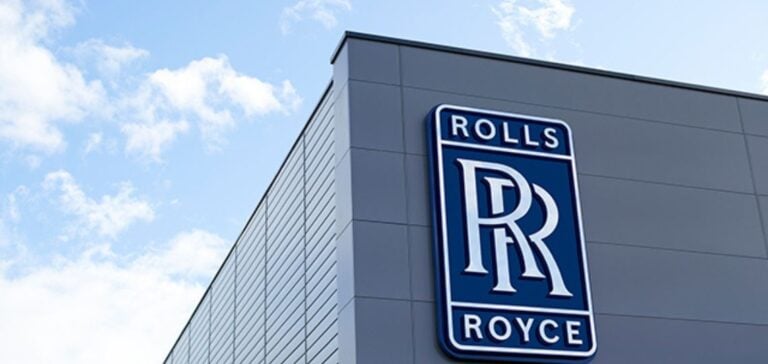Rolls-Royce has teamed up with five companies and research institutes to develop an innovative hydrogen combustion engine for combined heat and power (CHP) systems. The Phoenix project, supported by the German government with almost five million euros, aims to produce electrical and thermal energy comparable to that of current natural gas cogeneration units, with an output of up to 2.5 MW. The aim is to create a technologically advanced and reliable solution for the energy industry. Dr Jörg Stratmann, CEO of Rolls-Royce Power Systems, says that combustion engines will remain essential to ensure a reliable supply of energy. Rolls-Royce is investing in the development of next-generation hydrogen-powered engines to meet future energy needs, by multiplying partnerships in the sector.
Key Component Development
Project Phoenix focuses on the development of essential components for this hydrogen engine, including the injection system, the piston group and the ignition system, as well as a new specialized lubricant. Project partners include the Institute for Sustainable Mobile Propulsion Systems at the Technical University of Munich, MAHLE Konzern, Fuchs Lubricants Germany GmbH, the German Federal Institute for Materials Research and Testing (BAM) and Robert Bosch AG. The aim of this three-year project is to develop a mature technological concept, ready for use in a complete prototype engine.
Hydrogen and Energy Strategy
In Germany, the energy strategy includes the construction of new gas-fired power plants to stabilize the supply of renewable energy. Small, decentralized gas-fired power plants play a key role in offsetting fluctuations in wind and solar power. Currently, biogas gensets and the first gas engines converted for hydrogen are being deployed to reduce CO2 emissions. According to Tobias Ostermaier, President of Stationary Power Solutions at Rolls-Royce Power Systems, the widespread availability of green hydrogen will make it possible to deploy the hydrogen cogeneration plants developed as part of Project Phoenix.






















